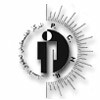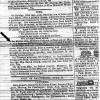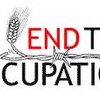
Israeli forces kill Palestinian and wound 12 others in Rafah
8 February 2004
Israeli forces invaded Rafah and opened fire, wounding 12 Palestinian residents, including two children and two women. Israeli forces then surrounded the home of Ashraf Abu Libda, who is wanted by Israel, and ordered him to surrender. After he refused, an exchange of fire occured, in which Abu Libda was killed by several live bullets throughout his body. Israeli forces have maintained their presence in the area and have continued to open fire on residents. They surrounded a number of homes. PCHR is concerned that this military operation may cause more casualties among unarmed Palestinian civilians. Read more about Israeli forces kill Palestinian and wound 12 others in Rafah








